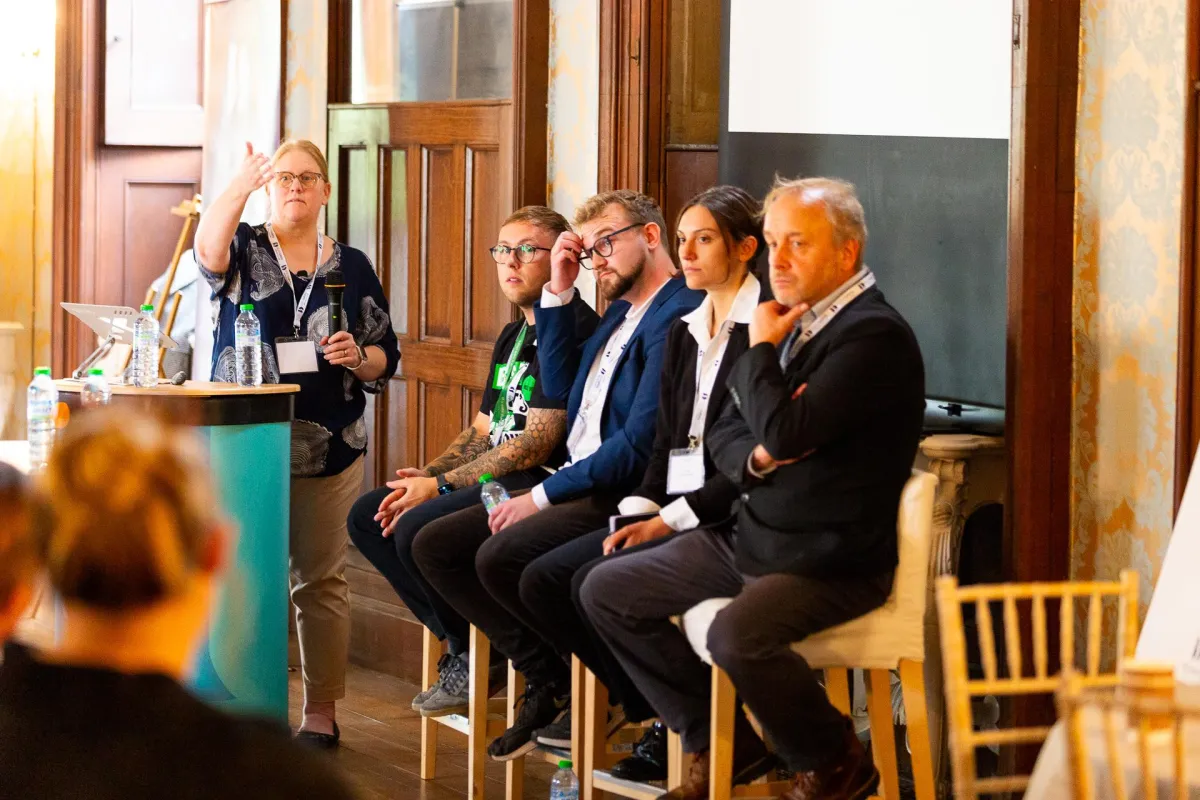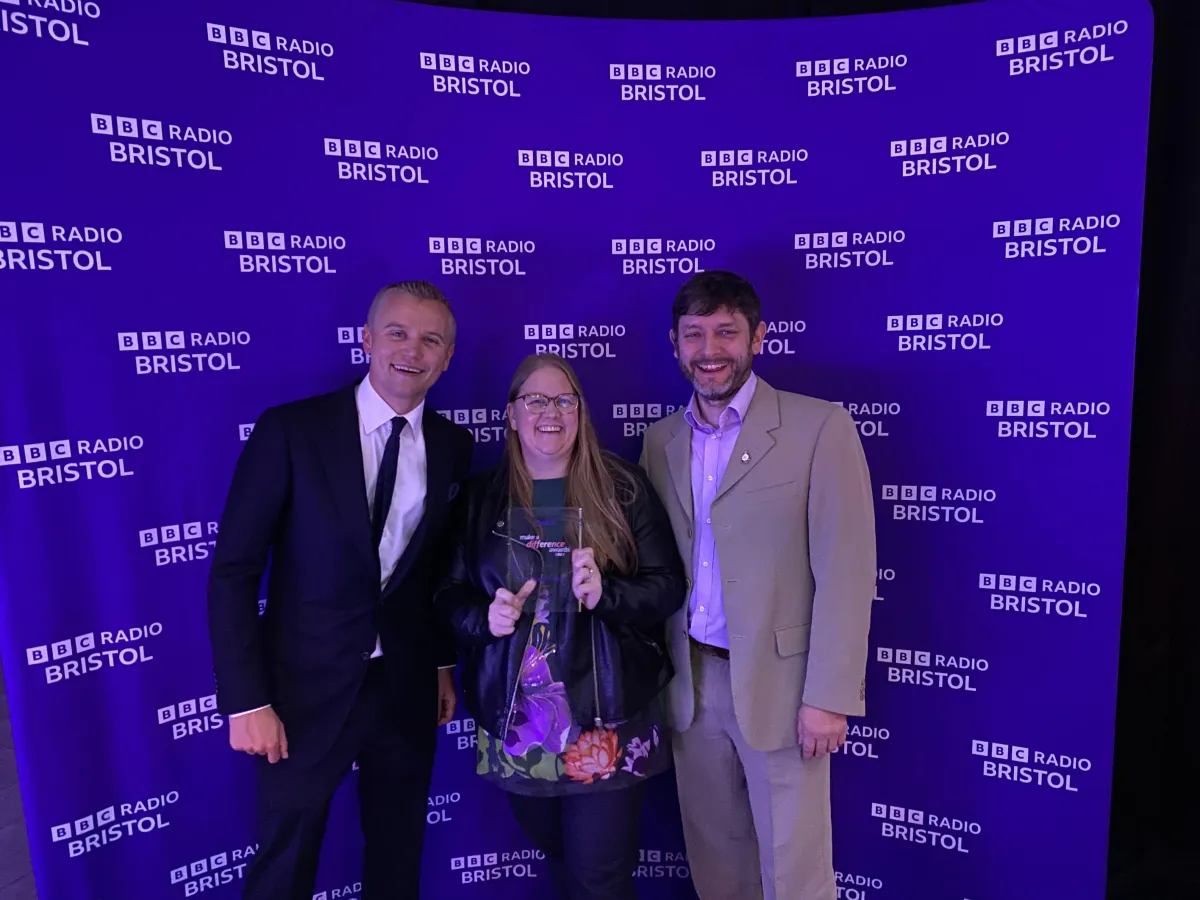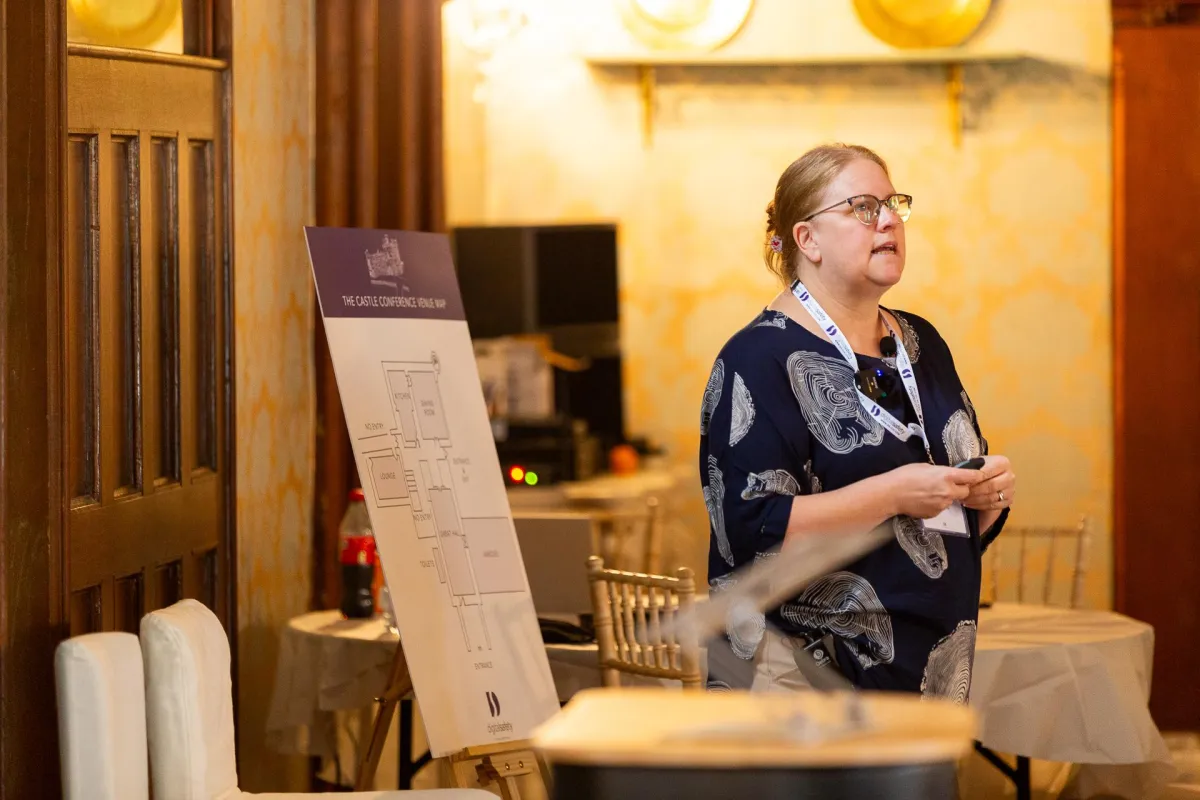
Lucy Smith
Speaker, Facilitator, Compare
Inspiring audiences & making a difference
Neurodiversity | Managing Change | Resilience
Life Stories | Social Enterprise
Authentic storytelling that makes a difference
Hi, I am Lucy!
Some people call me the "pocket rocket". I think that is because I have passion and energy to bring out the best in an audience.
I have been working with audiences for almost 25 years in many guises - Lecturer, radio presenter, drama teacher, children's entertainer (I have been a professional fairy) facilitator, compare and speaker.
As a speaker I believe there has to be some substance behind us and I sure have that too. Not being able to settle and always saying "YES" to opportunities has led to a whole lot of experience that informs my work and my presentations.
At my core I am a purpose led social entrepreneur who loves to start a conversation about topics that matter.
I start those conversations with stories some that will surprise and some that will inspire. I talk about some difficult stuff and combine my unique expertise and knowledge.
Relatable, authentic and thought provoking
Lucy x
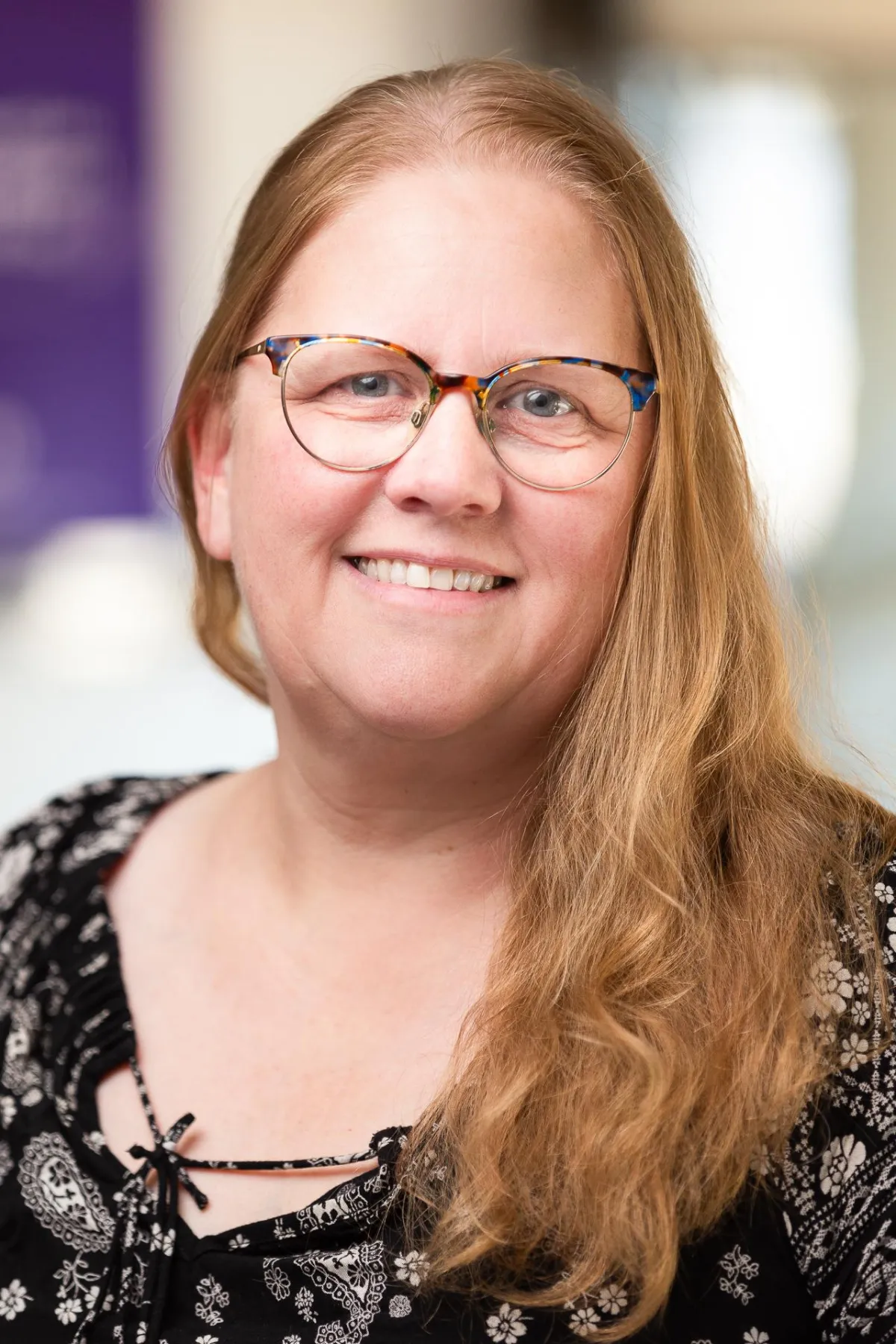
Neurodiversity
What is your perspective?
I come from a range of different perspectives when I talk about neurodiversity. From pedagogy, organisation development and leadership, research, personal and family and real lived experience. With a a strengths based approach I talk positively and with passion about change and neurodiversity in work, school and community.
I engage audiences to get them thinking and start conversations that will make and does make a lasting difference.
Change Management
Let me meet you at your
bus-stop
In the world of change management, it's not about imposing a new route; it's about understanding where you're starting from.
I have spent a decade working with senior leaders in transformational change where I have learned that change is often an individual journey and we will all join that journey from a different bus-stop.
I combine theory with reality and always have an eye on the future.
Life Stories
The secret change agent
A wealth of stories based on real lived experience with plenty of lessons for the future. Spilling some my secrets on here would be giving away some of my best work which you will want to hear straight from the source.
Oh, okay, let's just say I can talk about resilience, royalty, and some really fun stuff from a career in international law enforcement,
Social Enterprise
Making a difference - the torch that lights the stars
Lighting people up to make sustainable change happen is a big part of what I do. From setting up a community radio station to developing an innovative and groundbreaking conference around digital wellbeing and young people.
I talk the talk and walk the walk when it comes to social enterprise, from grass roots to engagement at the highest levels right up to Downing Street.
What do other people say?
Don't take it from me, here is what others say about working with me.
Work with me
Want to work with me?
Book a call to work directly with me.
Choose from 60 or 30 minutes.
A chance to talk about your challenges, ask questions, work through a problem.
It's your call and your time.
Listen online
Podcasts, interviews and YouTube
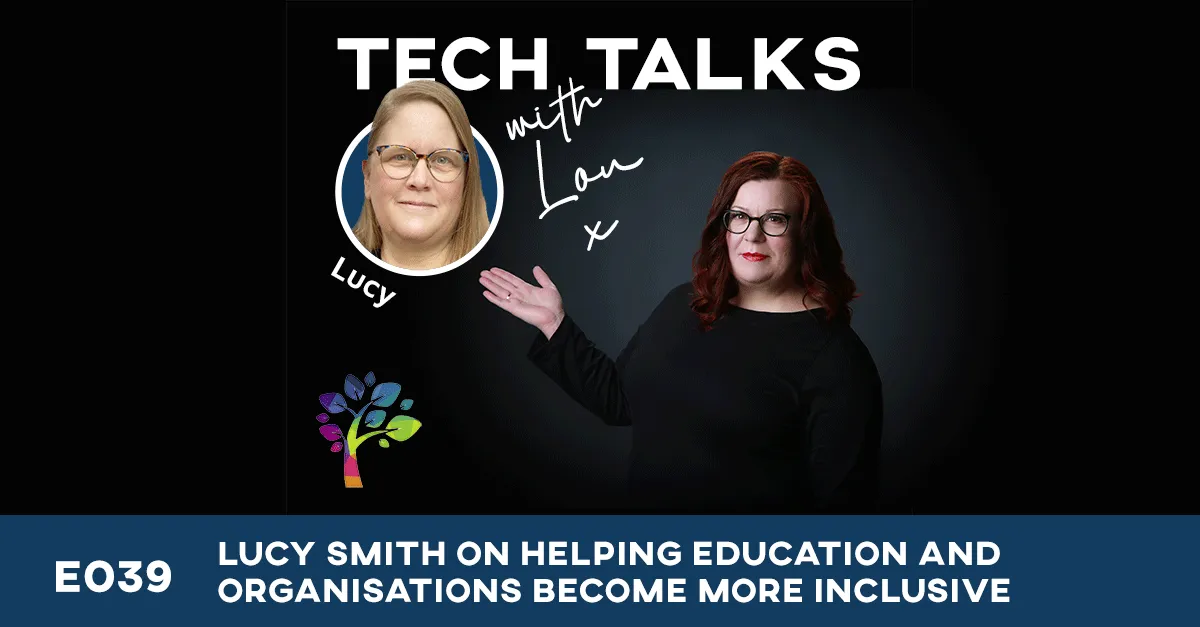
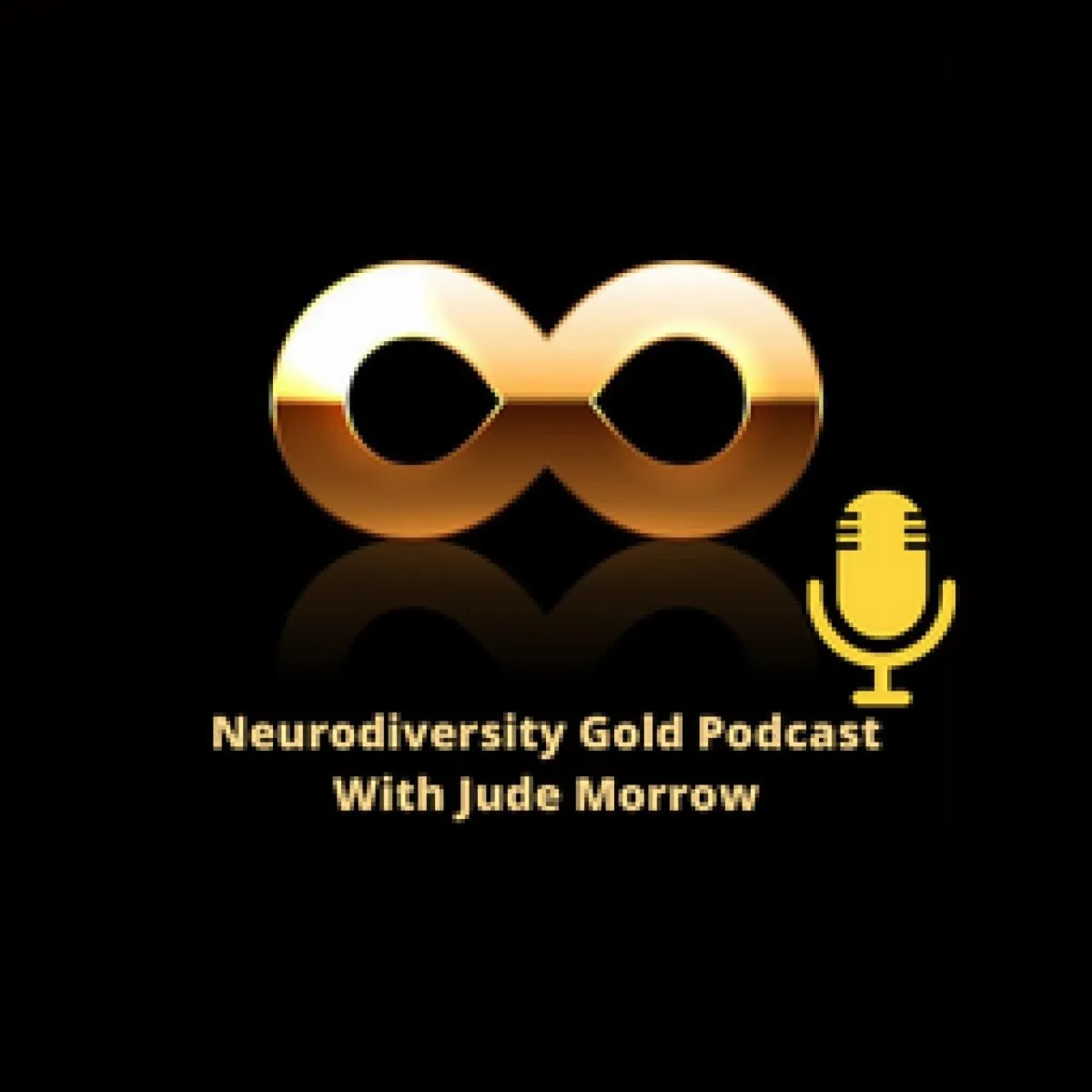
Read more
The blog

Understanding RSD
What is Rejection Sensitivity Dysphoria (RSD)?
Rejection Sensitivity Dysphoria (RSD) is an intense emotional response to perceived or actual criticism, rejection, or failure, often experienced by individuals with ADHD, autism, and other neurodivergent profiles. Unlike typical reactions to criticism, RSD can feel overwhelming, sparking feelings of shame, sadness, or frustration. For some, the fear of negative feedback or rejection can be so intense that it leads to avoidance of social interactions, criticism, or any situation where judgement might arise.
How Does RSD Affect Individuals?
People with RSD often feel emotional pain more acutely and may experience prolonged negative effects from even minor criticism or rejection. This sensitivity can influence self-esteem, personal relationships, and job performance. For instance, someone with RSD may react to a routine feedback session at work with intense self-doubt, anger, or distress, impacting their confidence and productivity. These feelings may also lead to coping mechanisms like perfectionism, people-pleasing, or withdrawal to avoid any potential criticism. RSD is not something that individuals can control through willpower alone, as it stems from deeply ingrained neurological and emotional processes.
Strategies to Regulate RSD
While RSD can be challenging, there are ways to manage it effectively:
1. Building Awareness
Understanding that RSD is a neurological response rather than a character flaw can help individuals and those around them approach it with empathy. Awareness reduces self-blame and enables those affected to seek strategies and support without feeling they are overreacting.
2. Practising Self-Compassion
Self-compassion exercises, such as mindfulness or journaling, can help individuals with RSD develop a kinder, more forgiving inner dialogue. Recognising that mistakes and rejection are part of human experience may help alleviate the intensity of emotional reactions.
3. Cognitive-Behavioral Techniques
Cognitive-behavioral approaches, including reframing thoughts and challenging negative beliefs, can help individuals see feedback as constructive rather than personal. Therapists or coaches specializing in neurodiversity can provide tools to reshape responses to perceived criticism.
4. Structured Feedback and Communication
For those working with or managing individuals with RSD, using structured feedback models like Inclusive Change’s C.H.A.N.G.E framework can be instrumental. Managers can approach feedback compassionately, focusing on growth, setting clear expectations, and maintaining open dialogue to help minimize anxiety related to criticism.
5. Seeking Professional Support
Therapists trained in ADHD, autism, and RSD-specific challenges can help individuals develop resilience and coping mechanisms. Accessing supportive communities and professional networks may also reduce feelings of isolation and provide practical strategies for handling RSD in day-to-day life.
A Compassionate Approach to RSD
RSD may present unique challenges, but with understanding and the right support, individuals can learn to navigate their emotional responses more effectively. Compassionate approaches, both from oneself and from others, can create a foundation for growth, resilience, and a stronger sense of self-worth.
For additional resources and tailored guidance on supporting neurodivergent individuals in the workplace, consider reaching out to Inclusive Change. We offer workshops, toolkits, consultancy and professional support to help individuals and organisations build a supportive and inclusive environment for everyone.
Links for support:
1. Mind – Mental Health Support for ADHD and Autism
Mind offers a variety of mental health resources that include support for individuals dealing with emotional dysregulation, a core aspect of RSD. They provide guidance on understanding and managing intense emotions:
Mind - Mental Health Resources
2. ADHD Foundation UK
This charity provides resources and information on ADHD, including workshops and support materials that can be useful for understanding RSD and managing emotional sensitivity:
3. National Autistic Society (NAS)
NAS offers resources for those on the autism spectrum, including guidance on managing rejection sensitivity and emotional challenges. They have information for individuals, families, and employers to help foster a supportive environment:
National Autistic Society - Emotional Support
4. Anna Freud National Centre for Children and Families
The Anna Freud Centre provides support for young people and adults dealing with mental health challenges, including anxiety and self-esteem issues linked to RSD. They also offer a range of self-help resources and information for parents and caregivers:
5. YoungMinds – Mental Health Support for Young People
YoungMinds has resources for young people, including those dealing with intense emotions and low self-esteem often associated with RSD. They provide resources for understanding and managing emotional responses:
6. Inclusive Change – Neurodiversity Workshops and Toolkits
Inclusive Change offers specialised workshops, toolkits, and consultation services to support neurodivergent individuals and their employers in managing RSD and fostering an inclusive work environment:
For enquiries for professional support services, get in touch at enquiries@inclusivechange.co.uk
Some of the Companies Inclusive Change Have Worked With


Inclusive Change Ltd
The Brightwell, Bradbury House
Wheatfield Drive
Bradley Stoke, Bristol
BS329DB
Reg no: 12412464
Copyright 2023 - Inclusive Change Ltd
VAT NO: 352 1564 17
ICO Reg: ZB081779
UK Register of Learning Providers: 10090652
Column Header
Lorem ipsum dolor sit amet consecetuer lorem ipsum
Organically grow the holistic world view of disruptive innovation
At the end of the day, going forward, a new normal that has evolved
Column Header
Lorem ipsum dolor sit amet consecetuer lorem ipsum
Organically grow the holistic world view of disruptive innovation
At the end of the day, going forward, a new normal that has evolved
Column Header
Lorem ipsum dolor sit amet consecetuer lorem ipsum
Organically grow the holistic world view of disruptive innovation
At the end of the day, going forward, a new normal that has evolved






